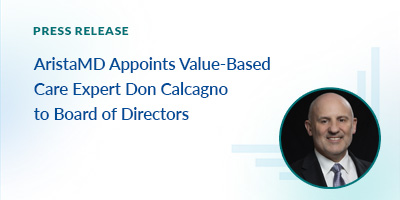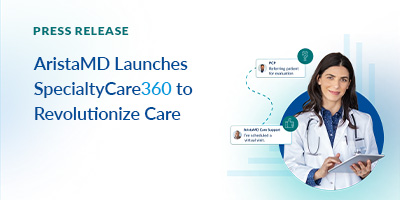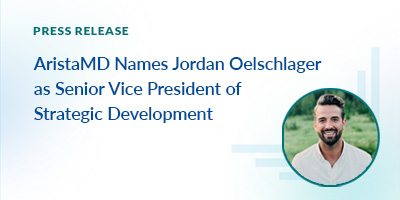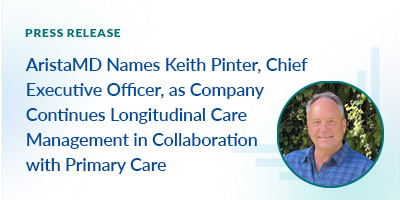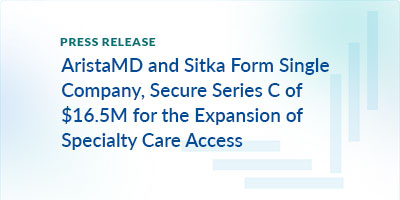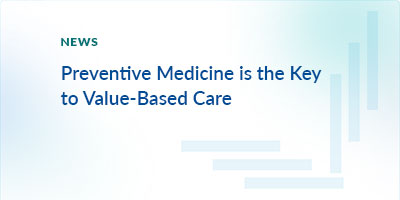News
What’s happening at AristaMD? Find out. Review our news and press releases.
AristaMD Appoints Value-Based Care Expert Don Calcagno to Board of Directors
SAN DIEGO, CA – April 24, 2025—AristaMD today announced the appointment of Don Calcagno to its board of directors. Calcagno brings extensive healthcare…
AristaMD Launches SpecialtyCare360 to Revolutionize Specialty Care
San Diego, CA – April 10, 2025 – AristaMD announced today the launch of SpecialtyCare360, a suite of services to improve care…
AristaMD Names Jordan Oelschlager as Senior Vice President of Strategic Development
SAN DIEGO, CA – March 25, 2025—AristaMD announced today the appointment of Jordan Oelschlager as senior vice president of strategic development.
AristaMD Names Mike Gierut as Chief Financial Officer to Drive Financial Strategy and Growth
SAN DIEGO – March 13, 2025—AristaMD, technology enabled clinical services organization committed to simplifying access to specialty care, announced today…
AristaMD Names Keith Pinter, Chief Executive Officer, as Company Continues Longitudinal Care Management in Collaboration with Primary Care
SAN DIEGO – May 29, 2024—AristaMD, a clinical services and specialty care coordination company that enables primary care providers to manage risk and…
AristaMD and Sitka Form Single Company, Secure Series C of $16.5M for the Expansion of Specialty Care Access via Electronic and Video Consultation Services
SAN DIEGO – Nov. 14, 2023 – AristaMD, a digital healthcare company specializing in eConsults, today announced it has joined forces with Sitka, a video-consult specialist…
Preventive Medicine is the Key to Value-Based Care
Studies have shown that preventative care decreases the incidence of disease and patient mortality, resulting in better care outcomes. Preventive medicine proactively identifies…
Electronic Consult Between Peers to Combat Long Wait Times
When patients wait to see a specialist, they are more likely to experience complications. An electronic consult between peers can help.
The Solution To Rising Healthcare Wait Times
In the Electronic Health Reporter, Rebecca Chi discusses decrease healthcare wait times as specialist appointment wait times lengthen.

